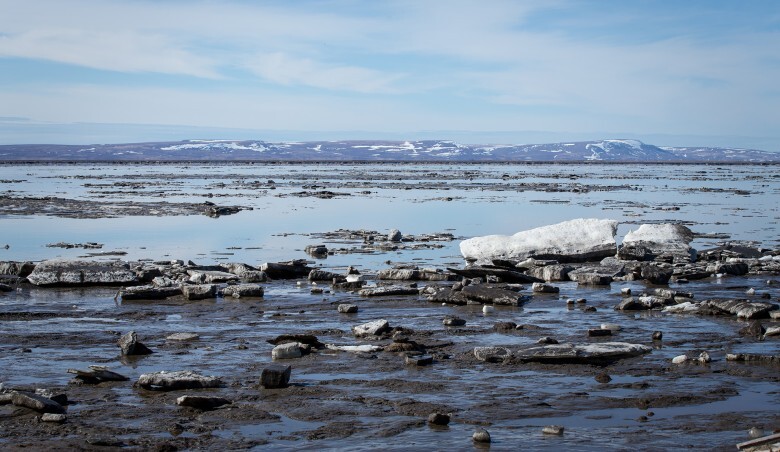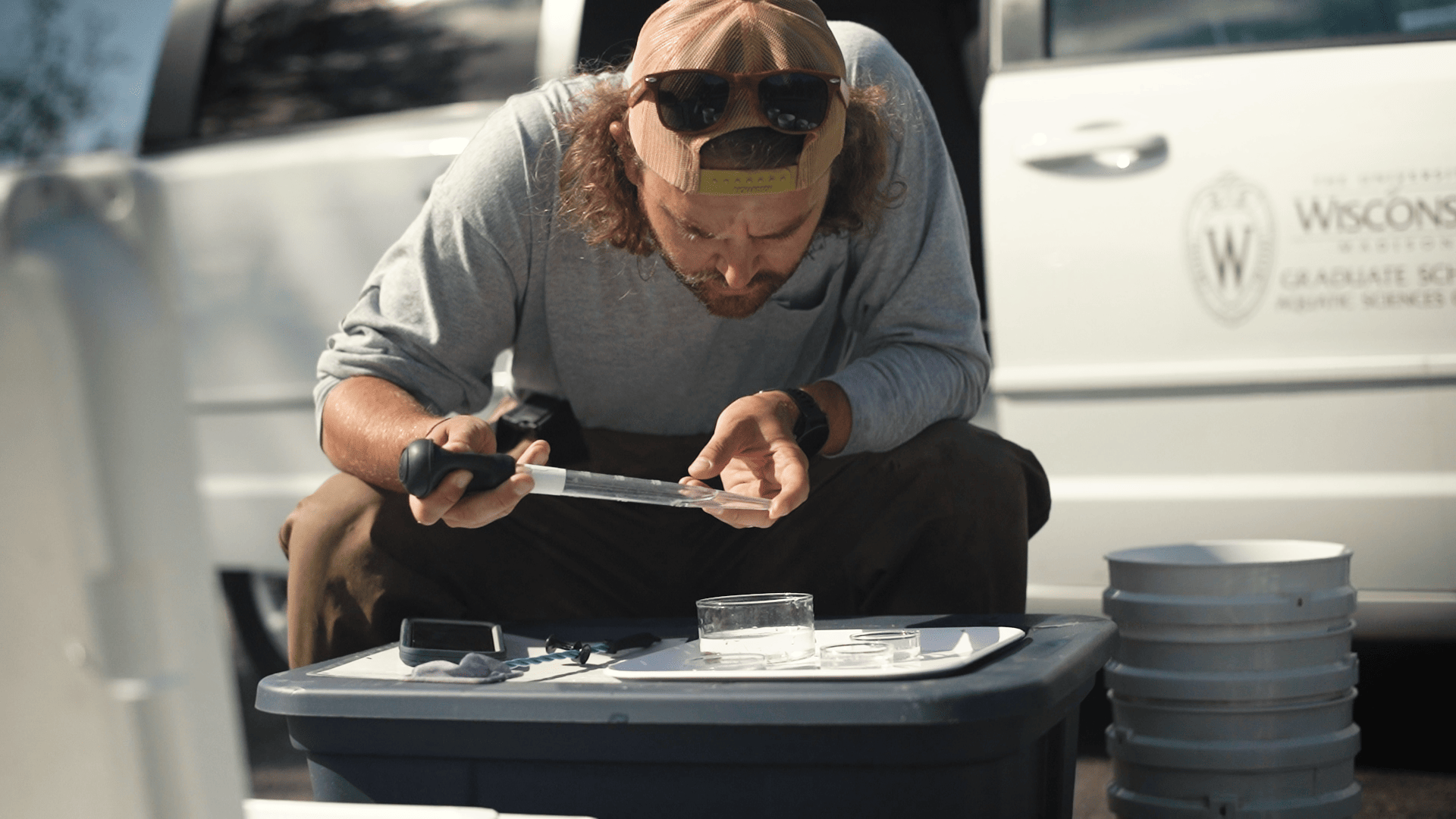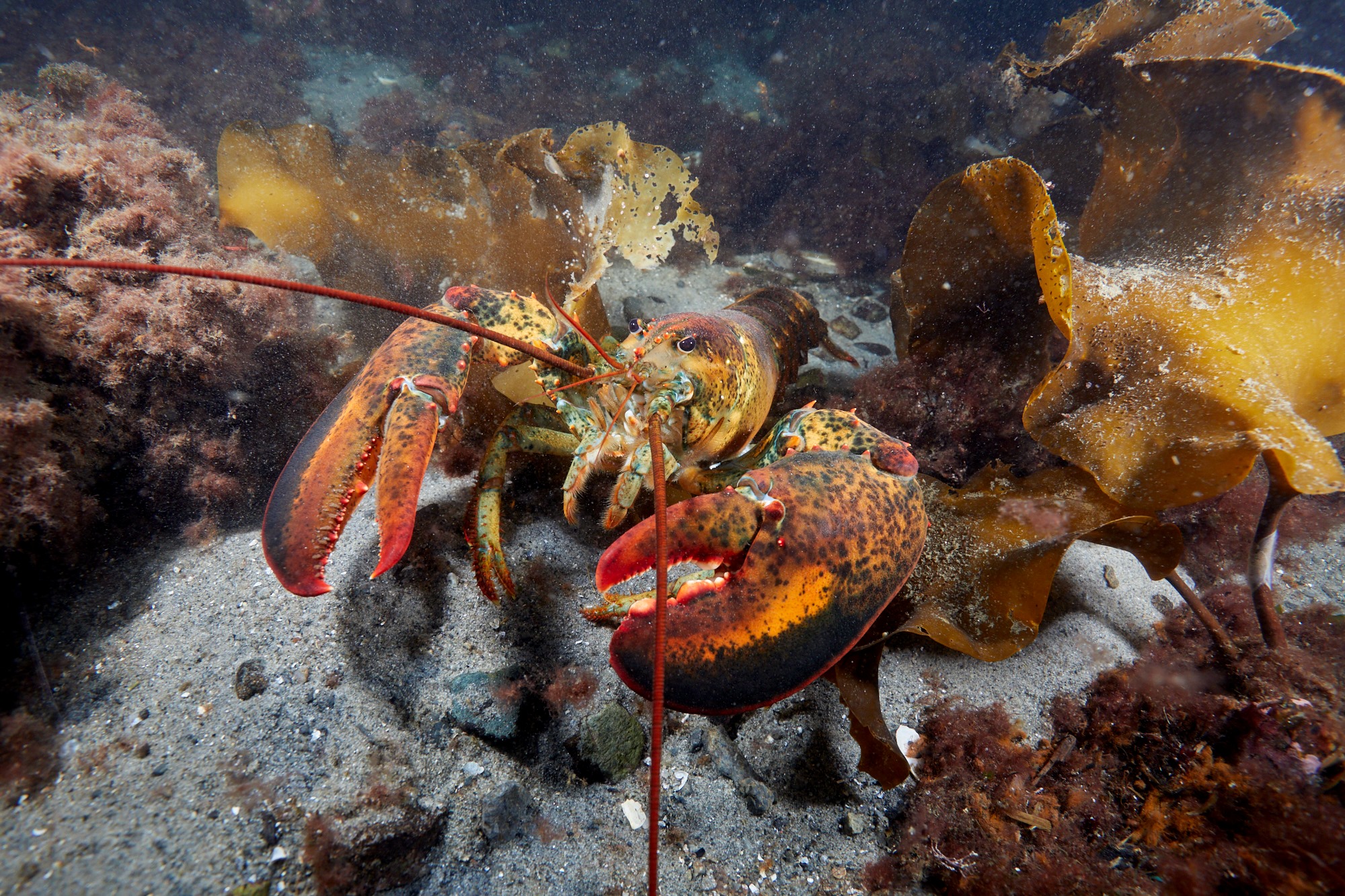Wisconsin Sea Grant
Wisconsin Sea Grant worked with the National Weather Service to evaluate a new tornado risk communication tool. The tool called impact-based warnings tells the public what impacts to expect during a severe thunderstorm or tornado. For example, instead of describing the size of hail or wind speed, it communicates that trees will fall down, mobile homes will be destroyed, or people will be killed if outside. It takes the guesswork out of the forecast. The tool improves upon past NWS communication by differentiating between severity levels, efficiently communicating the threat, providing the source of weather information, and using simple, concise, and attention-grabbing language.


